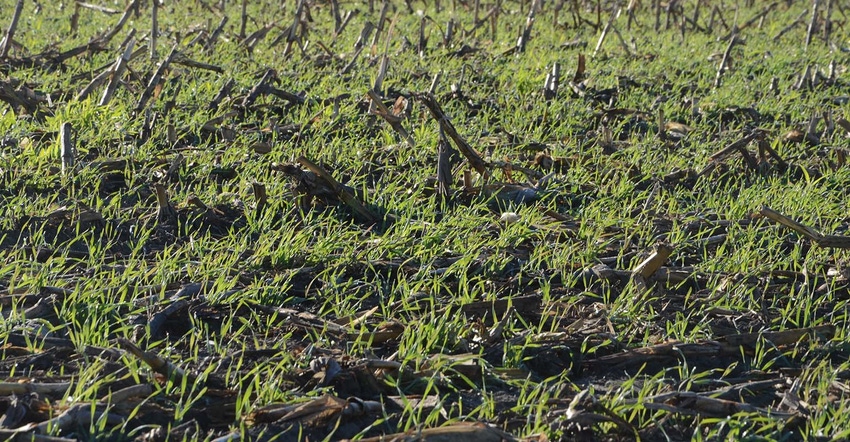May 30, 2019

Cargill and the Soil Health Institute have announced a new partnership to assess, demonstrate and communicate the economics of soil health management systems across North America. "Farmers are looking for a more robust picture of the economic benefits of investing in soil health on their farms,” said Ryan Sirolli, global row crop sustainability director, Cargill. “By partnering with the Soil Health Institute, we will be able to provide the research and insight they need to understand how investing in soil health can provide both financial and environmental benefits. Together, we can help farmers build drought resilience, increase yield stability, reduce nutrient loss and increase carbon sequestration."
"The most desirable information on how soil health affects profitability comes from real-world, on-farm data. However, a challenge is that every farm is different, making it difficult to know how repeatable results are from one farm to another," said Dr. Wayne Honeycutt, CEO of the Soil Health Institute.
"The bottom line is that when it comes to assessing economics, both types of information are useful - the research experiment and the farmer experience," said Dr. Cristine Morgan, Chief Scientific Officer of the Soil Health Institute. "That is why we are using a two-pronged approach for assessing profitability of soil health systems that integrates results from research sites with those experienced by nearby farmers.”
Morgan will lead the Soil Health Institute's Agricultural Economist in developing enterprise budgets to compare profitability of soil health-promoting systems with conventional management systems on approximately 100 farms near 120 research sites across North America. The project is supported by an $850,000 grant from Cargill.
"This partnership will produce more meaningful and profitable programs for growers and accelerate adoption so that agriculture can be part of the solution to the environmental challenges we face," said Sirolli.
Source: Soil Health Institute, Cargill, which is solely responsible for the information provided and is wholly owned by the source. Informa Business Media and all its subsidiaries are not responsible for any of the content contained in this information asset.
You May Also Like




